No uncertainty on India being the most incredible country, but it would leave me unbelievably awestruck was averagely expected! I am not saying this because I am an Indian, but because of the facts that I came across from the scriptures, the Vedic civilization of Hinduism and the true meaning of certain things we do today that goes back to the findings of Indian scholars. Believe me, I felt so proud after finding that India is the cause of world development of major fields and the world is thankful for the same.
Here are the things you should be proud as an Indian. Not to forget, share with the world once you read them all:
1.The Embryo Exchange
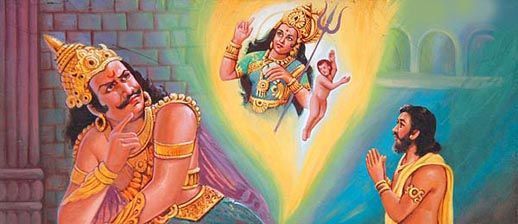
Since a decade the modern science has aced its mastery on In-Vitro fertilization, that is the embryo is developed in the lab and then inserted in the womb; however, Ancient Hindu scriptures talk about the a grownup Embryo exchange, which the modern science has not yet invented. The Bhagavata purana, written in 3100 BC (Before Christ) talks about two embryo exchange between one woman to another and then successfully delivered.
The modern world saw the first test tube in 1979, far later than that of Indians, while the modern day is still unaware about the technique of embryo exchange.
Image Source: s-media-cache-ak0.pinimg.com
- The Surgery Invention
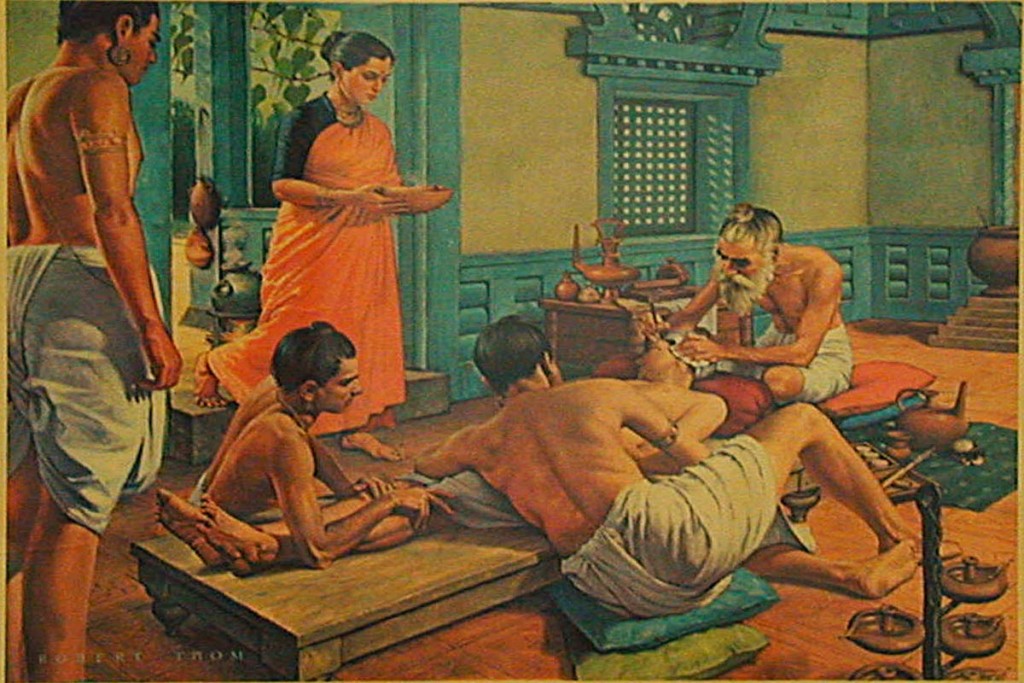
Back in 800 B.C, ancient India has been recorded of first compendium about the surgery. Sushruta, a medical theoretician and practitioner, is the father of Medical surgeries which spread its branches in Excision, Scarification, Puncturing, Exploration, Extraction, Evacuation, and Suturing, Rhinoplasty (plastic surgery) and ophthalmology (ejection of cataracts). The compendium written by Sushruta, focuses on the study of human anatomy by using a dead body.
India has given the world over 300 surgical procedures and 120 surgical instruments, with Sushruta samhita, classifying human surgery in 8 categories.
Image Source: blogspot.com
- Ayurveda
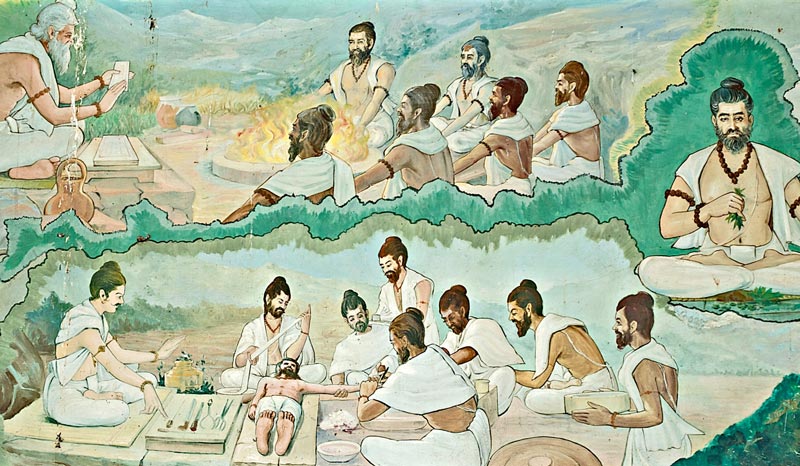
Ayurveda, a science of life which was followed in India as back as 800 BC. The reliance on herbs differentiates Ayurveda from systems like Allopathy and Homeopathy and thus the world has accepted Ayurveda as an alternative medicine. It’s magic is being recognized in the western world since decades. In a 2011 US report it is estimated that, there are all over thirty Ayurvedic training programs and are still growing. The western world believes Ayurveda has the potential to heal the Allopathy side effects.
Image source: homegrown.co.in
- Yoga
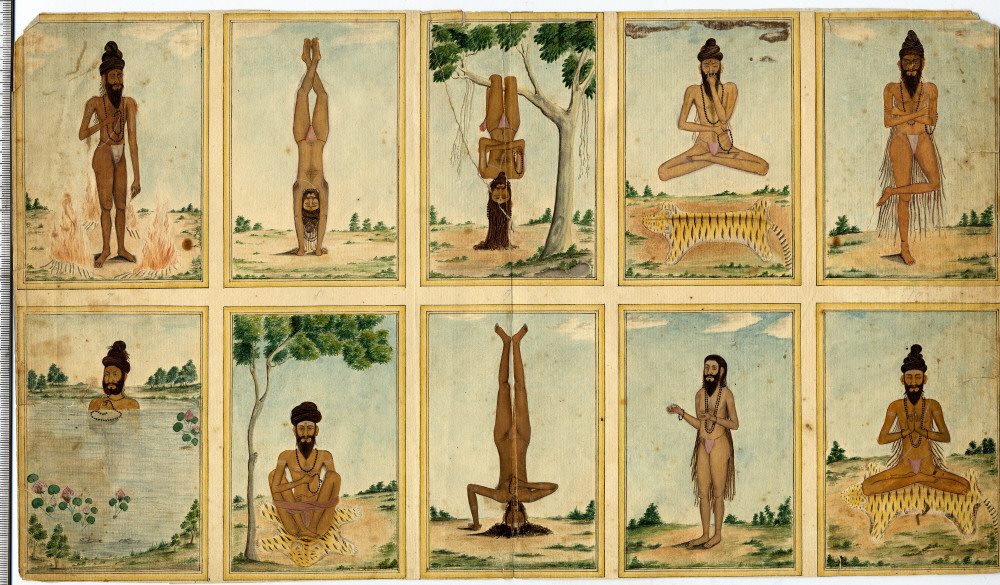
Recently, Indian PM Narendra Modi initiated 21st June as an International Yoga Day and the world welcomed his suggestion declaring the D day. This is the power of Yoga, what Indians knew since centuries. Though the origin of Yoga is a mystery, all it’s fundamentals and practices have been collected during 2100 BC by Patanjali, who named the book – Yogasutra. Today, Yoga is worldwide recognized as a mental and physical healer.
Image Source: tumblr.com
- Mathematics
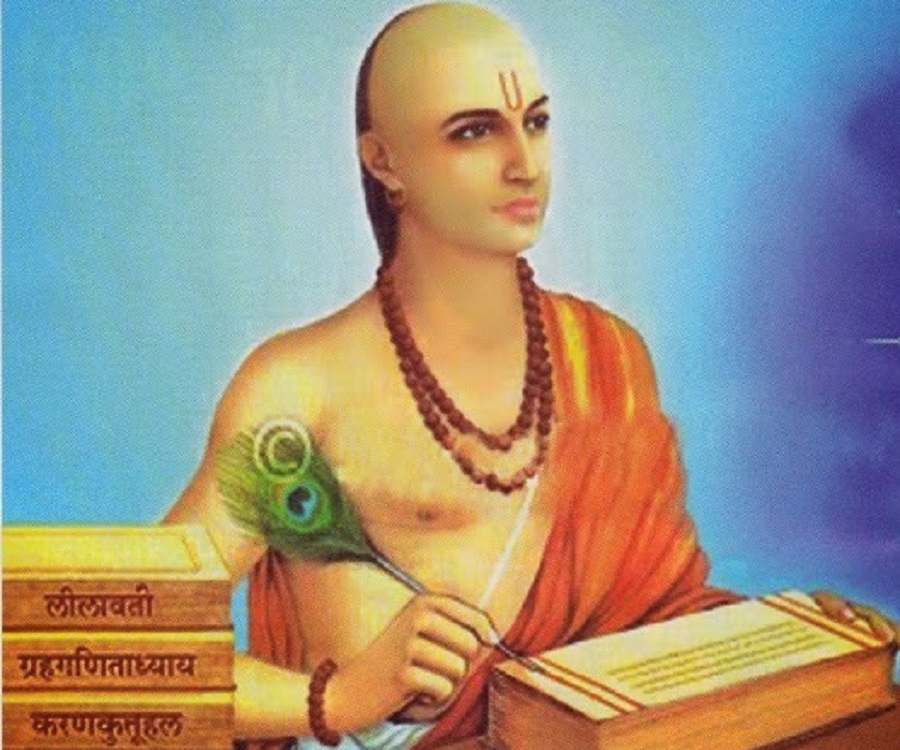
Indian Vedic literature is filled with concepts of zero, the techniques of algebra and algorithm, square root and cube root. Arguably, the origins of Calculus lie in India 300 years before Leibniz and Newton found them. Roots to mathematics traced more than 4000 years ago. India is the birthplace of Bijaganitam in Aryabhattiya by Aryabhatta, the Indian mathematician during the 5th Century AD and Bhaskaracharya’s Siddhanta Shiromani written during 12th Century AD was translated in Europe only in 18th Century!
Works on infinite series, convergence, differentiation, and iterative methods for solution of nonlinear equations during 14th Century AD by Madhava of Sangamagrama was yet another Indian gift to the world.
Image Source: thefamouspeople.com
- Astronomy
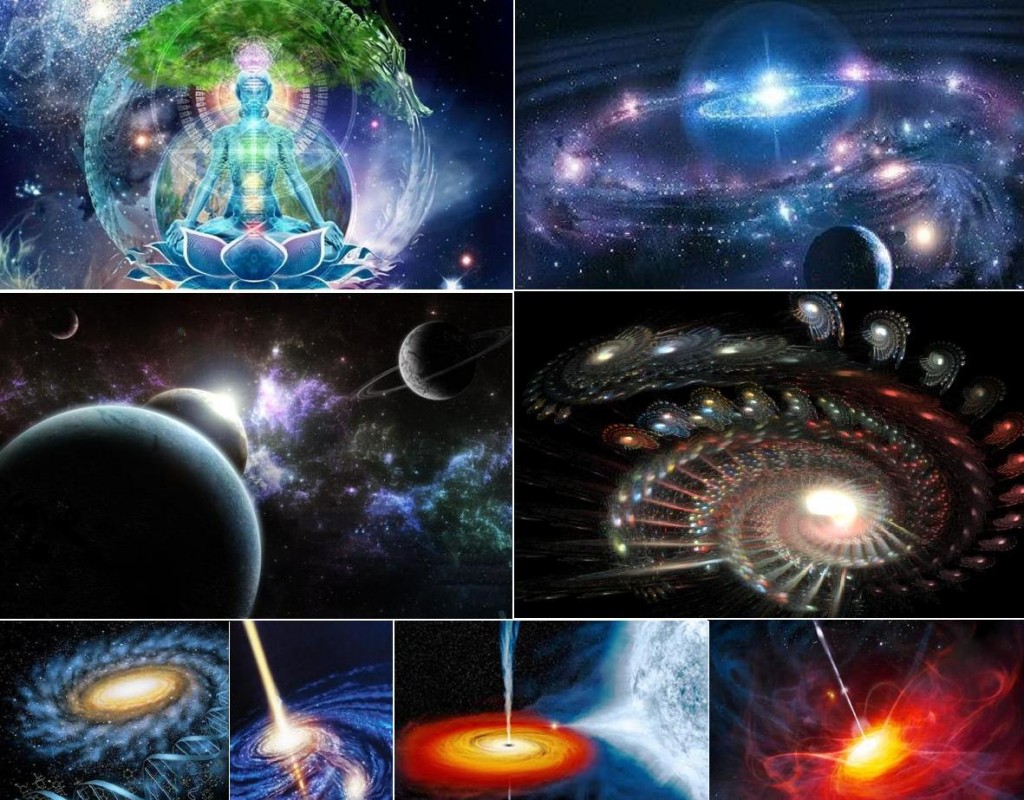
The earliest known references about Astronomy was dated back to 2000 BC in Rig Veda. By 500 AD, Indian Astronomy flourished as an independent study and had culminated the original findings of :The calculation of occurrences of eclipses, Determination of Earth’s circumference, Theorizing about the theory of gravitation, Determining that sun was a star, and determination of number of planets under our solar system.
Image Source: sivkishen.files.wordpress.com
- Physics
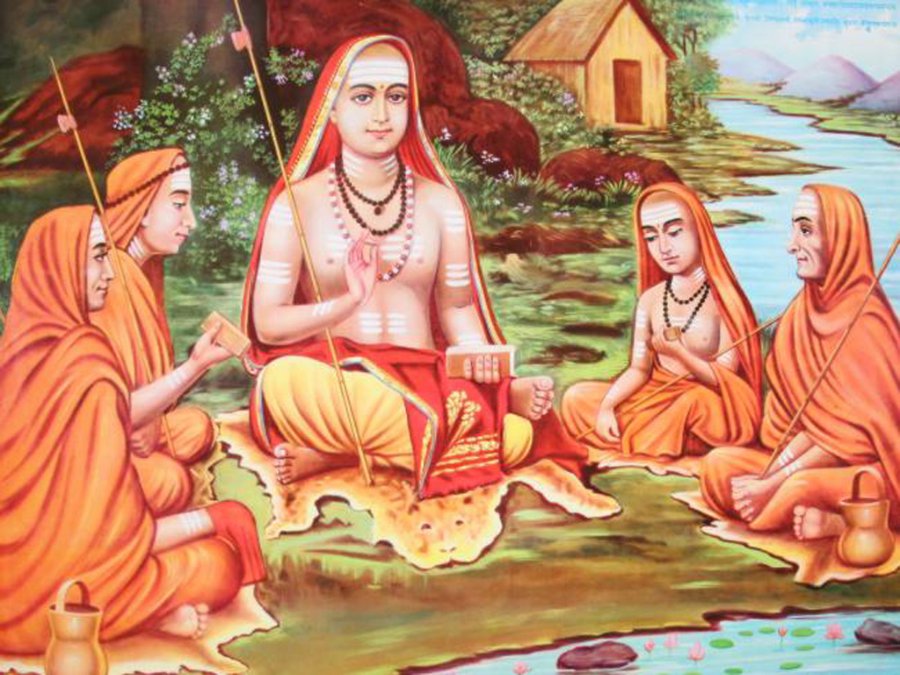
The root of the concept of atom is derived from the five elements of life that was found in Indian Vedic literature around 3000 BC and before. The five elements were the earth (prithvi), fire (agni), air (vayu), water (jal) and ether or space (aksha). Several Physics theories like principle of relativity found in Indian philosophical concept of ‘sapekshavad’, and atomic constitution of the material world were agreed to be great discoveries that helped the modern physics by many Indologists of the world.
Image Source: media.licdn.com
- Civil engineering and Architecture
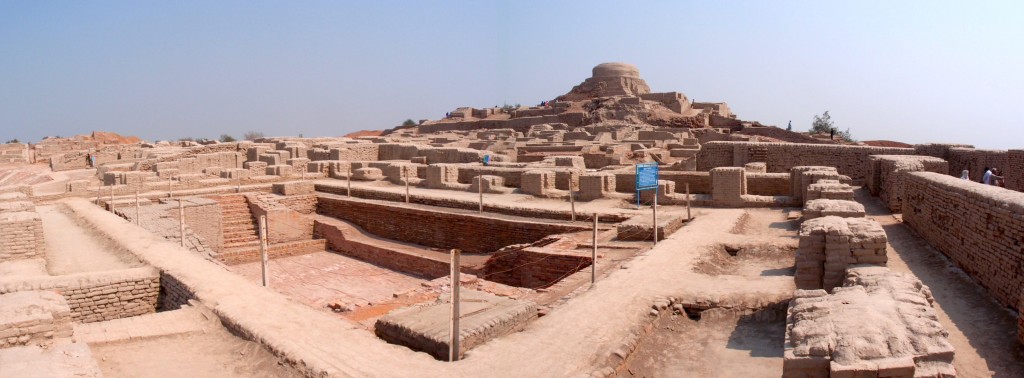
Image Source: siue.edu/
Well planned Urban civilization in India was traced back to Harappa and Mohenjodaro civilization around 5000 BC. Since then Indian architecture has just flourished its art in the form of temples, forts and huge monuments, which were later altered by Persian and Greek designs. During Vedic period, it is called as sthapatya-kala, literal translation of which means the art of constructing.
Indian World heritage sites like Ajanta, Ellora, Khajuraho, Mahabodhi Temple, Sanchi, Brihadisvara Temple, Mahabalipuram and many more are the live examples of India’s mastery in the field of civil engineering.
Not just these I mentioned above but Martial Arts, Shipbuilding and Navigation, Stem Cell technology that Gandhari in Mahabharat used to produce 100 Kauravas, Atomic warfare in Kurukshetra that killed over 1.6 billion people in 18 days, distance of sun and earth in Hanuman Chalisa and mother of every language ‘Sanskrit’ are the examples that proves how India was ahead of the entire world and definitely they gives us the reasons to be a proud Indian. And not to forget why Indian women still follow some traditions of applying Bindi, Bangles and vermilion.
But what do we do? Disrespect own country by littering, abusing the system or people in power, leaving huge names on ancient monuments, some young minds wasting time shattering the integrity of nation, and many more things. Can’t we just go through what our ancestors have done, work on them and prove to the world that we have discovered and invented almost everything that the world is looking for or is late in finding some? Wouldn’t that be a proud moment? Let’s invest our time in going back to the roots rather westernizing ourselves to the foreign lands and culture who are unbelievably attracted towards India.
Image Source: www.trinetra.org.uk








































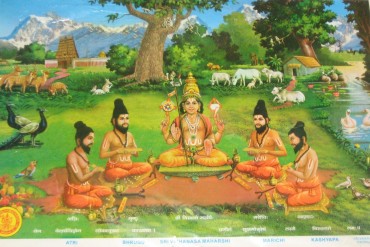













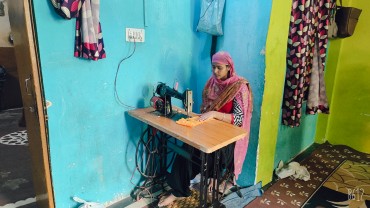
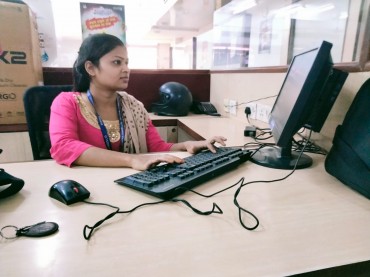
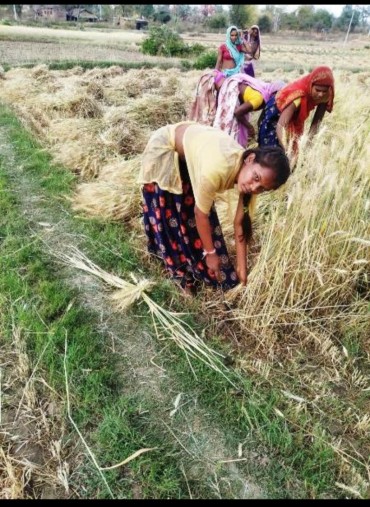
Comments